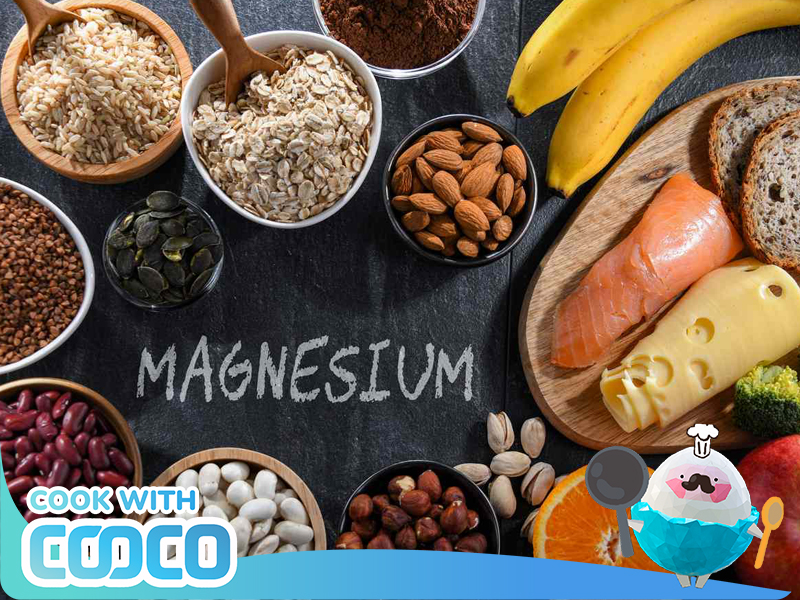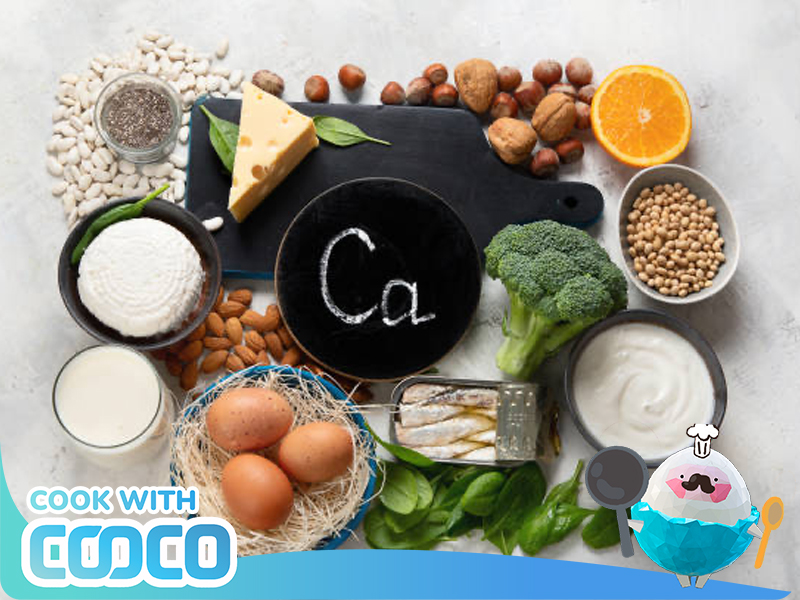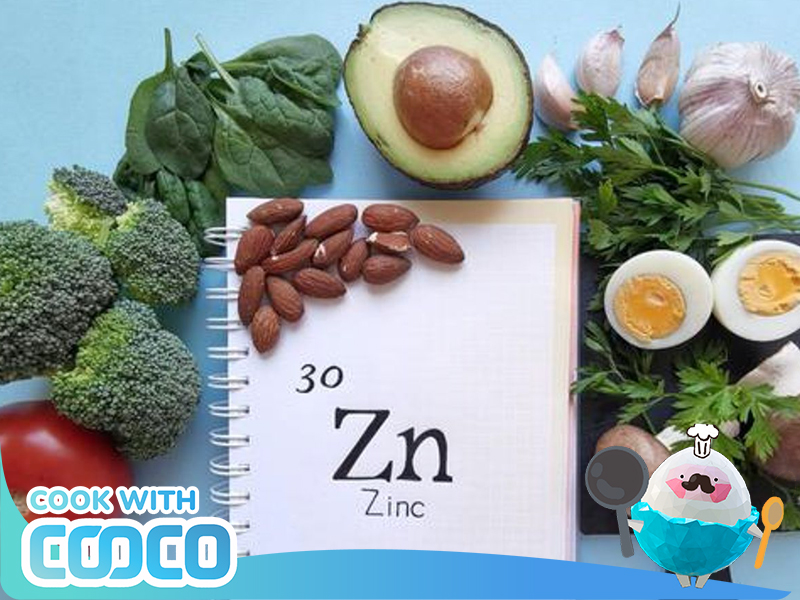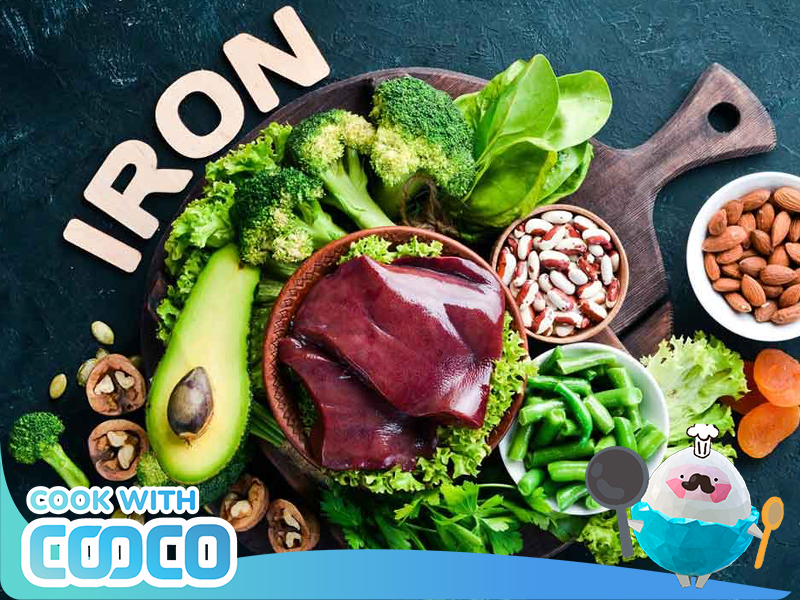Essential Nutrients for Your Multivitamin: 7 Ingredients Nutritionists Recommend
Maintaining a balanced diet is crucial for obtaining essential nutrients, but sometimes, our lifestyles or nutritional gaps may call for extra support. Multivitamins have emerged as a popular solution, with the supplement industry surpassing a staggering $30 billion annually. Nutritionists recognize the potential benefits of multivitamins, especially when it comes to addressing vitamin deficiencies linked to chronic diseases. These all-in-one supplements offer a solid foundation for overall health, providing an extra layer of protection during stressful periods, inadequate sleep, or lack of regular exercise. In this article, we explore the top seven ingredients that experts recommend your multivitamin should contain, regardless of the brand you choose.
Vitamin D: Enhancing Bone Health and Immunity
Vitamin D plays a vital role in calcium absorption, promoting strong bones and a robust immune system. Although sunlight exposure can provide a natural source of vitamin D, a significant number of individuals in the United States don't get enough of this essential nutrient due to various factors such as limited sun exposure, office-based lifestyles, and sunscreen use, which inhibits vitamin D synthesis. Multivitamins with vitamin D can bridge this gap and support overall health.

Recommended Daily Intake: The National Institutes of Health (NIH) recommends 600 IU for children (1-13 years) and adults (19-70 years), while older adults should aim for 800 IU.
Magnesium: For Nervous System Support and Stress Reduction
Magnesium is a vital mineral that not only supports bone health and energy production but also aids in calming the nervous system and reducing stress over time. Additionally, magnesium is associated with improved sleep and balanced blood sugar levels. While supplements are available, incorporating magnesium-rich foods such as pumpkin, spinach, soybeans, and nuts can be a natural way to boost intake.

Recommended Daily Intake: Look for supplements containing 300-320 mg of magnesium, as suggested by experts and the NIH.
Calcium: Building Strong Bones and Teeth
Calcium is essential for maintaining strong bones and teeth, and over 40% of the US population does not get enough calcium through their diet. Especially for women, it is crucial to ensure adequate calcium intake from an early age to prevent bone density loss later in life.

Recommended Daily Intake: The recommended daily calcium intake for most adults is 1,000 mg. Seek multivitamins with calcium citrate for optimal bioavailability.
Zinc: Immune Support and Energy Production
Zinc plays a significant role in supporting the immune system and converting carbohydrates, proteins, and fats into energy. As zinc levels tend to be low in people under stress or older individuals, adding zinc to your daily multivitamin can be beneficial.

Recommended Daily Intake: Look for multivitamins containing 5-10 mg of zinc, as suggested by nutritionists and the NIH.
Iron: Boosting Energy and Supporting Red Blood Cells
Iron is essential for increased energy, improved brain function, and healthy red blood cells. While red meat is a rich source of iron, some individuals, such as those with increased iron needs due to menstruation, puberty, or pregnancy, may require supplementation.

Recommended Daily Intake: Seek multivitamins with approximately 18 mg of iron in the form of ferrous sulfate, ferrous gluconate, ferric citrate, or ferric sulfate.
Folate: Crucial for Fetus Development and More
Folate, or folic acid, is renowned for its role in fetal development and preventing birth defects. However, it is also valuable for promoting nail growth, combating inflammation, and fighting depression.
 Recommended Daily Intake: Aim for around 400 mcg of folate (600 mcg during pregnancy). Look for methyl folate in multivitamins, as it is a more active form that ensures better absorption.
Recommended Daily Intake: Aim for around 400 mcg of folate (600 mcg during pregnancy). Look for methyl folate in multivitamins, as it is a more active form that ensures better absorption.
Vitamin B-12: Energizing and Supporting Nervous System Health
Vitamin B-12 is crucial for energy production and maintaining healthy nerve and blood cells. Vegans and vegetarians are particularly prone to vitamin B-12 deficiency, as it is primarily found in animal-based foods.

Recommended Daily Intake: Opt for multivitamins containing 1 to 2 mcg of B-12 as methylcobalamin, the most absorbable form.
While obtaining nutrients from a balanced diet should be the primary goal, multivitamins can be a valuable supplement to fill nutritional gaps. Nutritionists recommend incorporating vitamin D, magnesium, calcium, zinc, iron, folate, and vitamin B-12 into your daily multivitamin for overall health and wellness. Always consult with a healthcare professional before starting any supplement regimen to ensure it aligns with your specific health needs.






